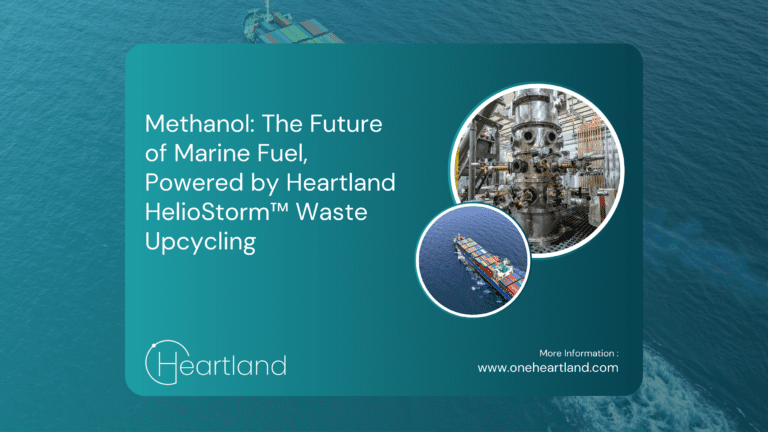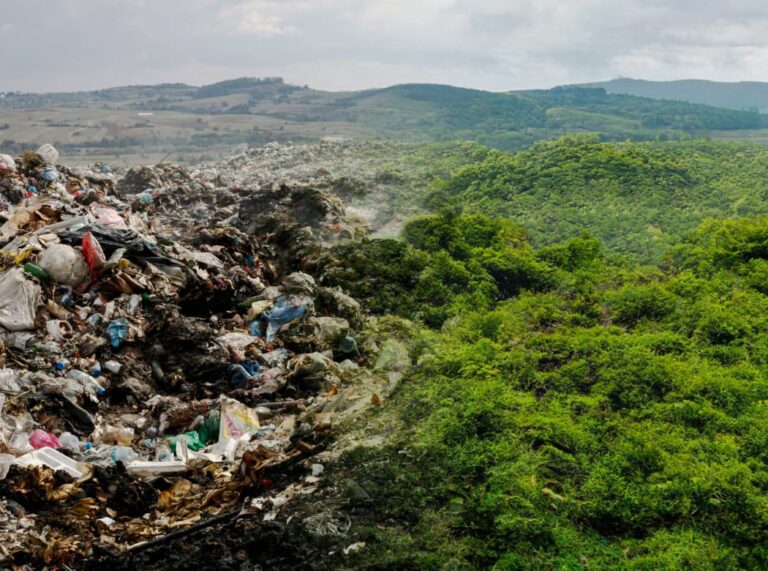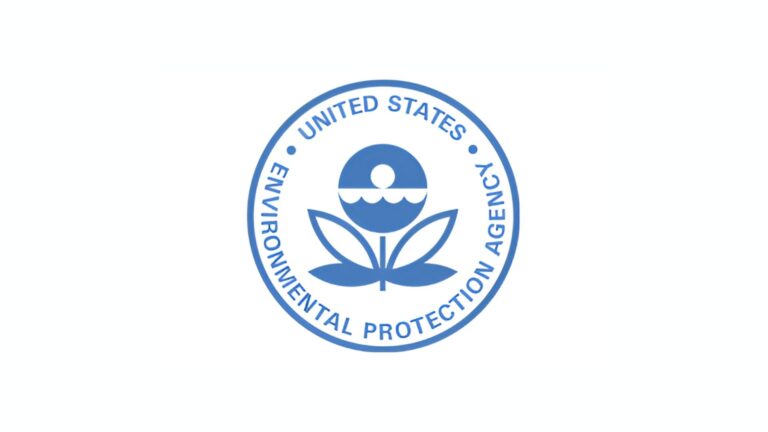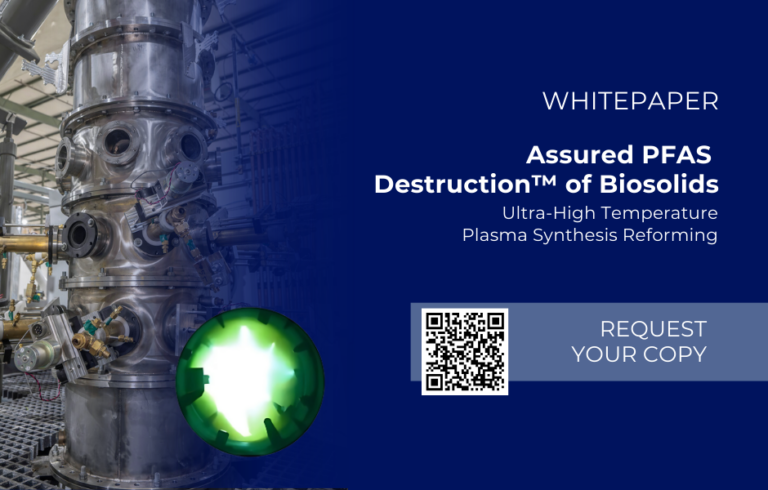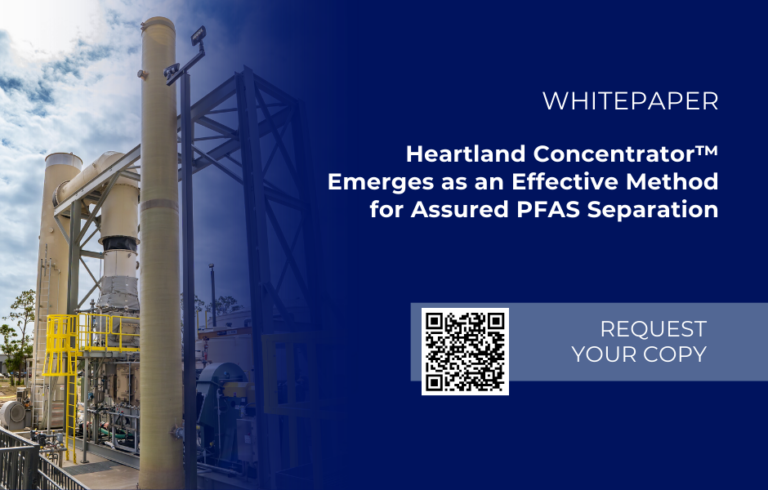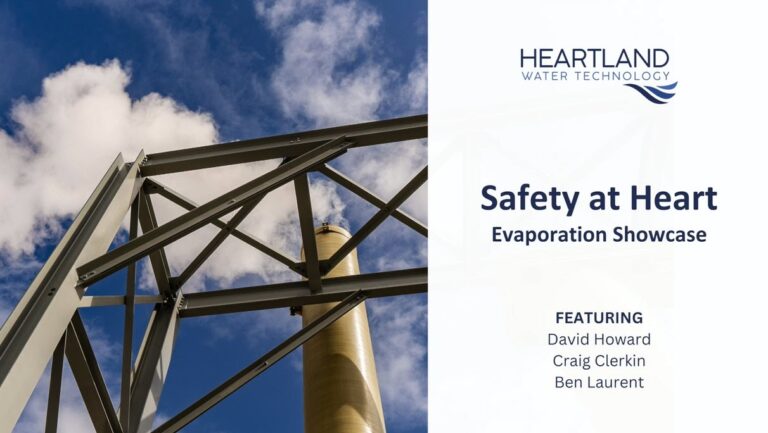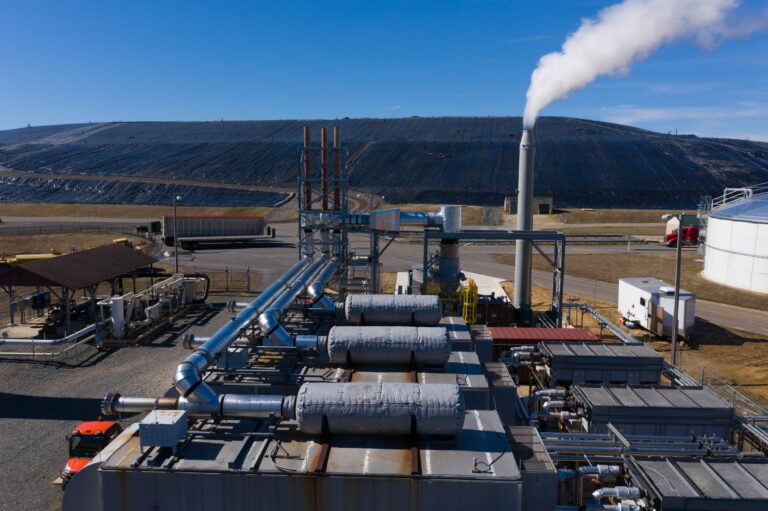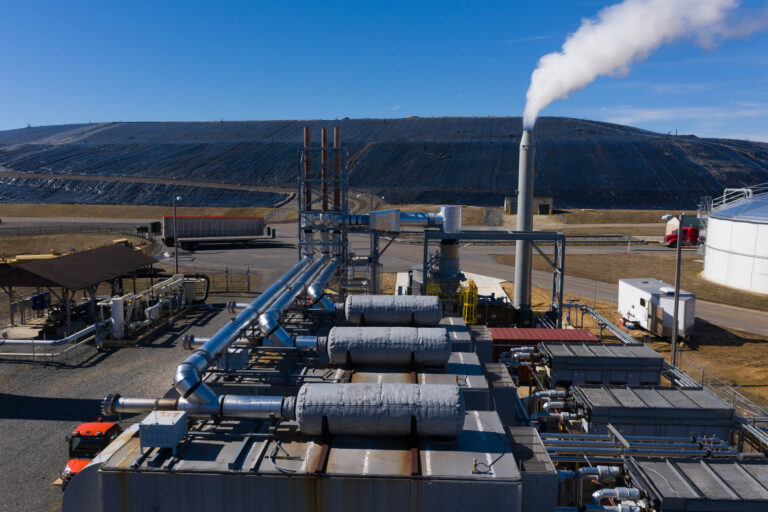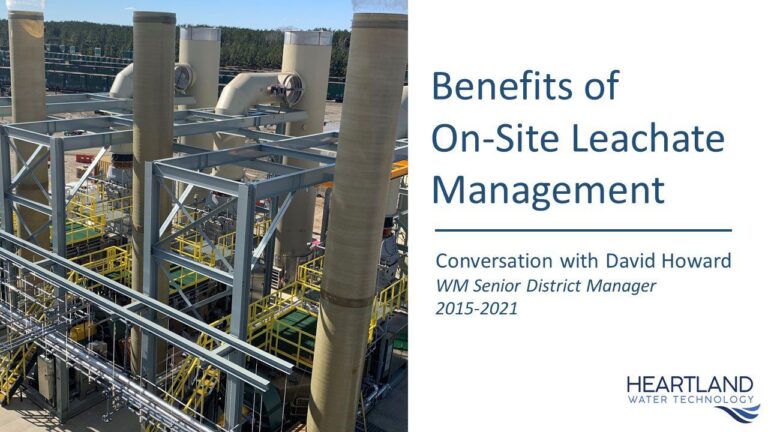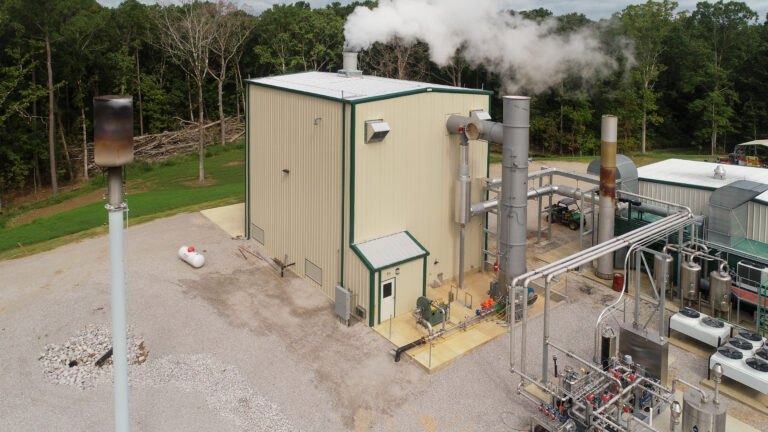Global Recycling Day 2025: Fueling American Energy with Landfill-Bound Plastic Waste
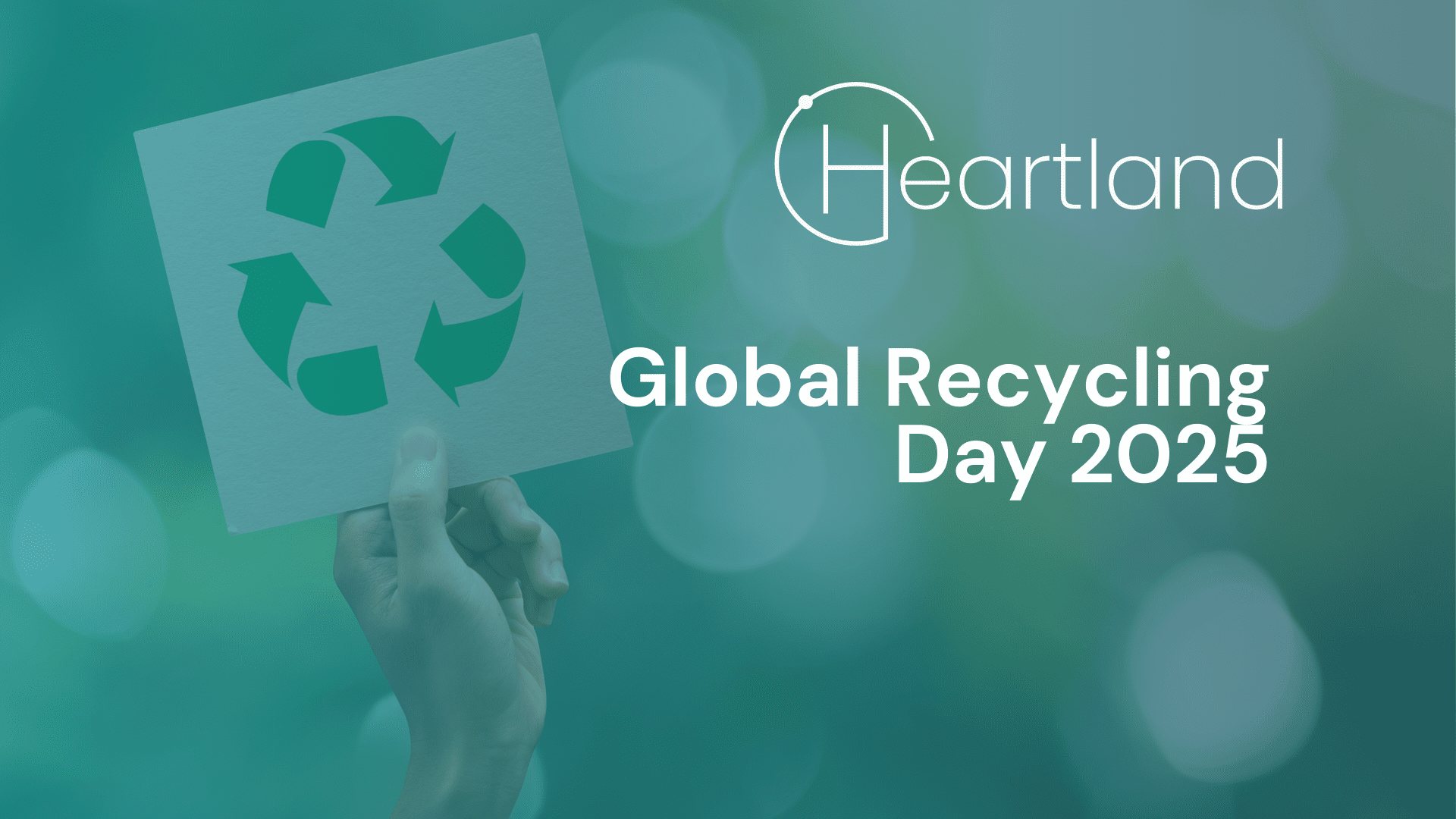
At Heartland, we’re redefining the future of plastics recycling by turning waste into opportunities. This Global Recycling Day, we emphasize our commitment to reducing plastic waste, preventing non-recyclable end-of-life plastics (and other post-recycling residues) from entering landfills, and converting them into clean, affordable, American-made energy products such as renewable methanol and sustainable aviation fuel (SAF) to fuel the world’s transportation and manufacturing industries.
The Challenge: Plastic Waste in Landfills
Despite efforts to recycle, a significant amount of plastic waste still ends up in landfills due to contamination, complex sorting challenges, and market limitations. Per a 2024 report published by The Recycling Project, only 21% of the items Americans sort into our ubiquitous blue bins are actually recycled—a number that drops to 9% when accounting for plastics, according to the EPA.
Plastic types include:
Mixed & Contaminated Plastics – A blend of various plastic types, often covered in food residues, labels, or dirt.
Multi-Layer Plastics & Flexible Packaging – Plastic films, chip bags, and wrappers that are difficult to separate and recycle mechanically.
Small Plastic Fragments – Broken or shredded pieces of plastics too small to be effectively sorted by MRF machinery.
Rigid Plastics Without a Market – Items like black plastics, certain food containers, and molded plastic parts that lack strong end-use demand.
Composite & Low-Value Plastics – Materials mixed with non-plastic components (e.g., coated cartons, plastic-laminated paper) that traditional recycling systems can’t process.
These plastics are typically sent to landfills or incinerators because they do not meet the quality standards for traditional recycling.
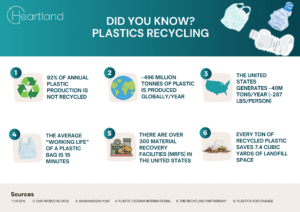

Our Solution: Upcycling via Plasma Synthesis Reforming
Traditional recycling methods can only process a fraction of the plastic waste we generate. Lots of plastics are transported to landfills where they sit indefinitely, wasting valuable resources. Heartland is changing that by giving landfill-bound plastics a new purpose.
Through our advanced upcycling technology, we convert non-recyclable plastics into high-value energy products such as methanol (used in the production of new plastics and to fuel large container ships) and sustainable aviation fuel (SAF). Instead of allowing these plastics to sit in landfills for centuries, we transform them into essential materials that drive cleaner industries and reduce reliance on fossil fuels. Working closely with Material Recovery Facilities (MRFs), we are able to capture post-recycling residue before it goes to the landfill, including plastics that would otherwise be discarded.
The Impact of Upcycling:
Less Plastic in Landfills – Diverting waste from disposal sites to productive use.
Stronger Recycling Systems – Supporting traditional recycling by handling plastics that can’t be mechanically recycled.
Lower Carbon Emissions – Alternatives to traditional fossil-based fuels reduce pollution.
Contributing to Circular Economy – By turning waste into valuable products, we reduce landfill dependency and help industries transition to more sustainable energy sources.
How You Can Support the Plastics Recycling Revolution
At Heartland, we not only design and develop projects around sustainability, we live it. Every small action counts when it comes to improving plastics recycling and reducing waste. Here’s how you can make a difference every day:
Sort Plastics Correctly – Check local recycling guidelines and ensure plastics are clean and dry before placing them in the bin. Contaminated recyclables often end up in landfills.
Reduce Single-Use Plastics – Opt for reusable water bottles, shopping bags, and containers instead of disposable plastics. Less waste means less burden on recycling systems.
Support Recycled & Sustainable Products – Look for packaging and products made from recycled materials or renewable sources. This increases demand for recycled plastics and helps close the loop.
Avoid “Wishcycling” – Only recycle what is truly accepted by your local program. Tossing non-recyclable items into the bin can cause contamination and disrupt recycling efforts.
Educate & Spread Awareness – Share your recycling knowledge with friends, family, and coworkers. Encouraging responsible recycling habits helps create a bigger impact.
Support Innovations Like Heartlands Recycling Solutions – Advocate for and support advanced recycling technologies that convert post-recycling residual plastic waste into valuable energy products like methanol and sustainable aviation fuel (SAF).
By taking these simple actions every day, you help improve recycling efficiency, reduce landfill waste, and contribute to a cleaner, more sustainable world. This Global Recycling Day let’s commit to rethinking plastic waste and making our world more sustainable.
Heartland’s Full Service
Heartland’s full plastics upcycling service offers an innovative solution to the growing plastic waste problem by converting landfill-bound end-of-life plastics into valuable low-carbon fuels. Through a cutting-edge process, we transform these plastics into high-quality sustainable aviation fuel (SAF) and renewable methanol, both of which have a significantly lower carbon footprint compared to traditional fossil fuels. This upcycling technology not only has the potential to divert millions of tons of plastic waste and other post-recycling residues from landfills but also contributes to the reduction of greenhouse gas emissions by providing cleaner alternatives to conventional fuels. By turning waste into a resource, Heartland is helping to drive the transition to a circular economy while accelerating the adoption of sustainable energy solutions. Contact us today to explore how upcycling could have a positive impact on your community.
Useful Resources
How Do I Recycle Common Recyclables | US EPA
The Plastic Recycling Process – Association of Plastic Recyclers (APR)
Recycling 101 – What Is Recycling & What to Recycle | WM
